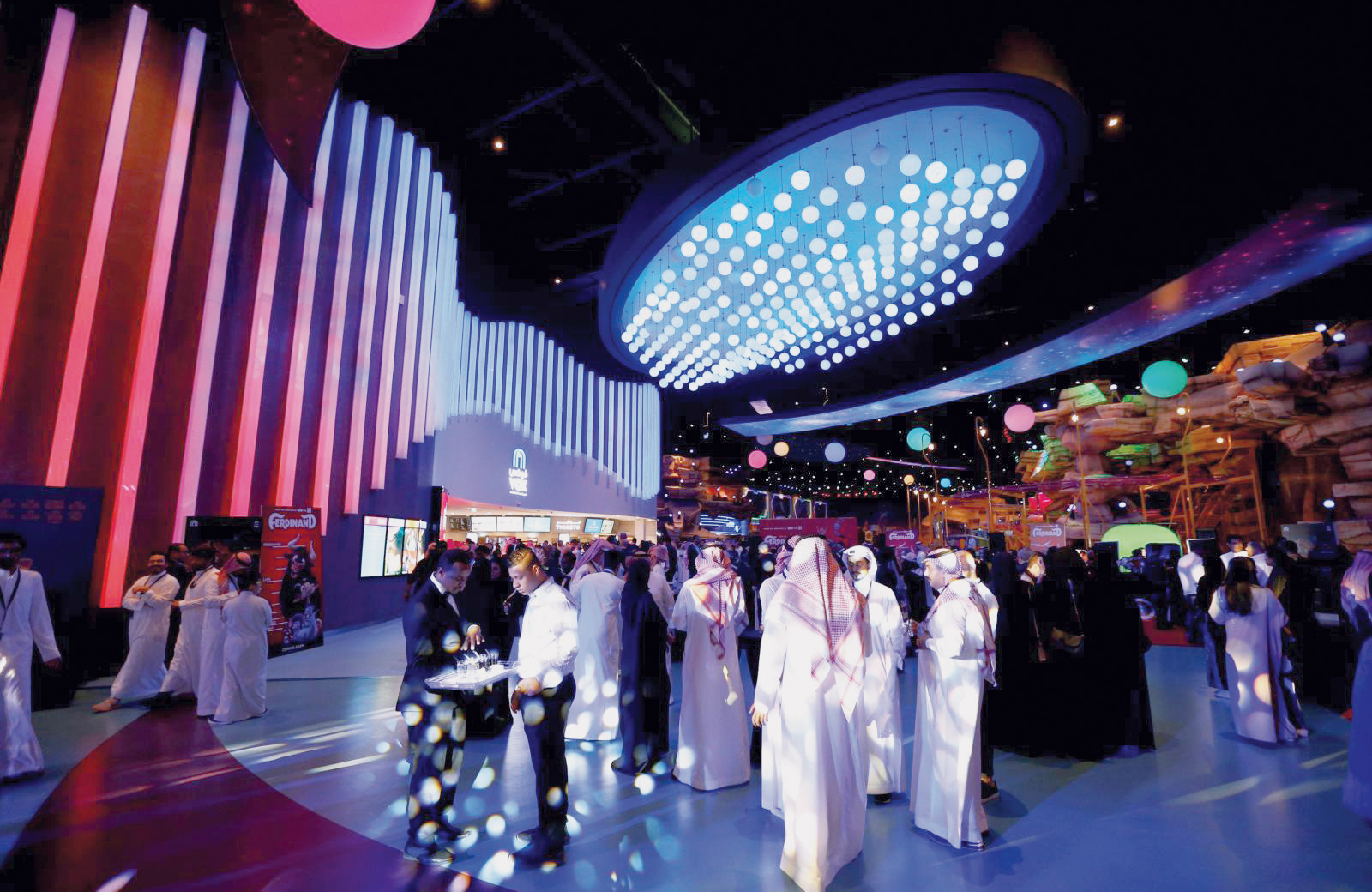

Aaudi Arabia’s malls and bazaars are changing as retailers embrace a shift in shopping habits brought about by reforms to diversify the economy away from oil. Designer clothes stores and high-end chocolate and flower shops are shutting and fast-fashion, fast-food, budget stores and cinemas are moving in. Cuts to electricity and petrol subsidies and a rise in VAT have eaten into household budgets and many are making savings by switching from luxury to budget goods.
At the same time, reforms to bring women into the workforce and encourage entertainment have lifted other types of spending. The departure of thousands of foreign workers has hurt local bazaars and led to other changes.
The reforms are part of Crown Prince Mohammed bin Salman’s push to wean the economy off oil. He wants to create 1.2 million jobs for Saudis by 2022, with many in the retail sector.
Saudi retail giants such as Fawaz Abdulaziz Alhokair Co and Savola Group are having to adapt.
“Retailers are reviewing their portfolios, be it products or stores, to reflect changing consumer patterns,” said an executive of one major Saudi retailer.
Alhokair closed over 200 stores in the 12 months to end-June, but it also added 70 to 80 stores over the same period. It plans to close a further 55 stores this financial year while adding another 60, according to a source familiar with the matter.
The shift is partly aimed at bringing more affordable brands to shopping malls, that source said. A spokesman for Alhokair did not respond to a request for comment.
The company has the Saudi licence for the Zara fast-fashion chain, part of Spain’s Inditex group, and plans to increase the number of stores to 45 by 2020 from around 30. It also opened the first Saudi branch of Inditex’s affordable store Lefties last year.
One of Alhokair’s businesses also recently secured a $1.9-billion loan to be used in part to build new malls. The company has not detailed how it will fill those malls, but bankers expect them to include more entertainment offerings, such as cinemas and restaurants, in addition to stores.
The kingdom lifted a nearly 40-year ban on cinemas earlier this year to create an entertainment sector from scratch.
Overall consumption, which accounts for about 40 per cent of gross domestic product, has stayed robust, averaging 4 per cent a year in the past five years, despite the reforms.
Consumer spending weakened at the start of this year as the utility price rises took effect, but higher prices for oil exports left room in the budget for bonuses and one-off payments for lower income families and spending has picked up.
Most analysts expect growth to continue for the next few years, partly due to women entering the workforce after a female driving ban was lifted in June. However, the pace of growth is expected to be weaker than in the past decade.
The changes are proving challenging for retailers. Alhokair is one of six of Saudi Arabia’s 10 major retail firms which registered lower net profit in the quarter ending on June 30. Five posted lower sales.
Food and retail conglomerate Savola Group shut seven supermarkets and two other stores in the second quarter in a plan to reduce its retail selling space by 3.8 per cent — Reuters
Tom Arnold and Marwa Rashad
Oman Observer is now on the WhatsApp channel. Click here



